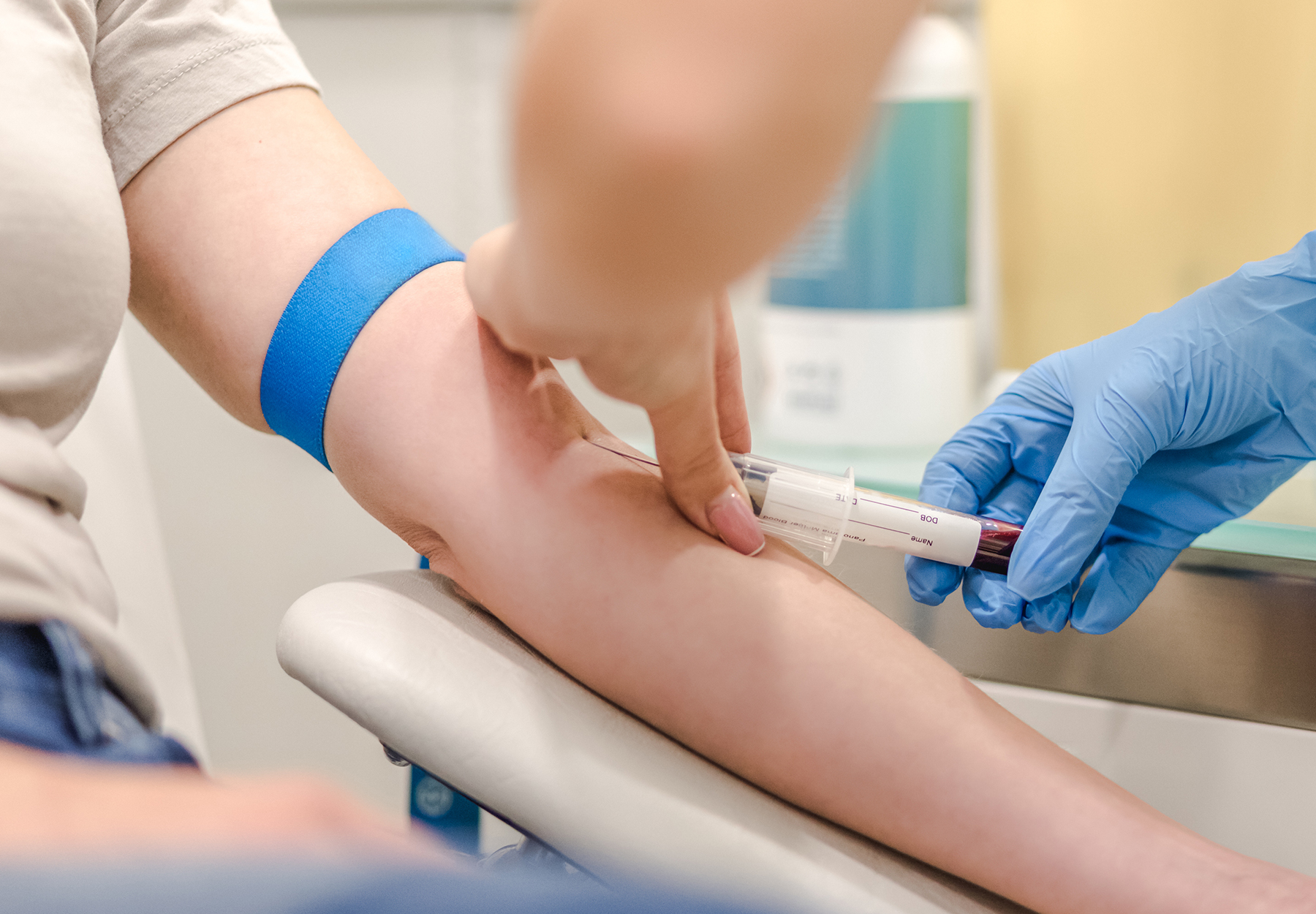As previously reported by G2 Intelligence, colorectal cancer (CRC) screening decreased during the COVID-19 pandemic, with one study suggesting that screening for colorectal, cervical, and breast cancer decreased 80 to 90 percent in the early months of the public health emergency.
More specifically, the study revealed a 16 percent decrease in colonoscopies between 2018 and 2020, though, on the bright side, found a seven percent increase in stool testing for CRC over that same period, suggesting that at-home testing options for the disease may help offset decreases in in-person screening during situations such as pandemics.
With Colorectal Cancer Awareness Month in full swing and a recent American Cancer Society (ACS) report showing that more younger people are being diagnosed with the disease at more advanced stages, we look at some recent options that may help increase screening for CRC.
The ACS recommends that people at average risk of CRC begin screening at age 45 via either a visual exam of the rectum—which includes either a colonoscopy every 10 years or other imaging options every five years—or tests that look for signs of cancer in a stool sample every one to three years. Such stool tests include options where the sample can be collected at home, such as Exact Sciences’ Cologuard highly sensitive fecal immunochemical test. However, those at high risk may start screening earlier with more specific tests.
Blood-Based Tests for CRC
New blood-based options, though not yet recommended for screening general populations by ACS or other groups, have begun to emerge that may provide a preferable alternative to those unwilling to undergo visual exams or stool testing. Such blood tests are less invasive and can be less costly than traditional options, according to test makers.
A couple of recently reported options include CellMax Life’s FirstSightTM blood test—which the company says is the first blood test that outperforms stool tests in detecting CRC and advanced adenomas—and a lab-developed test from startup Beacon Biomedical called BeScreened-CRC.
Beacon Biomedical’s test is an ELISA-based assay that looks for three tumor-associated protein biomarkers, according to the company’s website. Beacon says the test was specifically created for people who have avoided screening via imaging or stool testing.
Epi proColon is another blood testing option for CRC that is FDA-approved to screen adults who are over 50 years old and have been offered and refused traditional screening options. The test, which is manufactured by cancer diagnostics company Epigenomics, detects signs of a gene called SEPT9 that is associated with CRC. However, the FDA says that “there is no evidence yet that this test can reduce deaths from colorectal cancer.”
Given that CRC is the third most common cancer in the US and the third-leading cause of death in the country for both men and women, anything that convinces people to get screened sooner, particularly younger people, is helpful. However, more research needs to be done before such blood tests are likely to be recommended by expert groups for screening.
